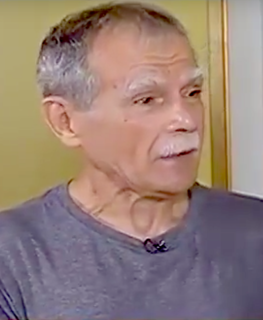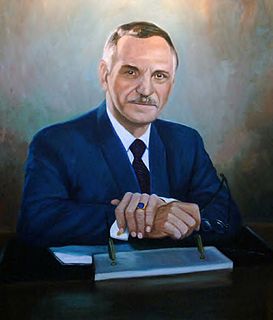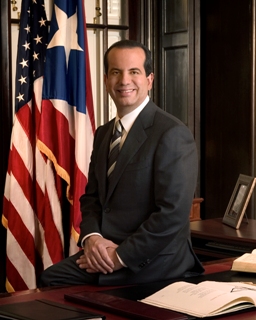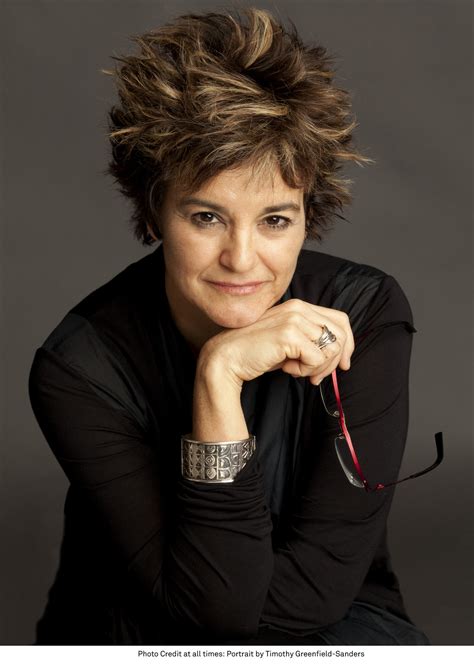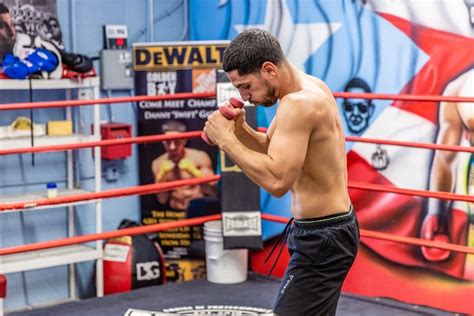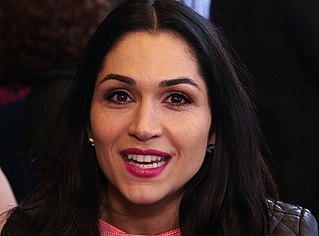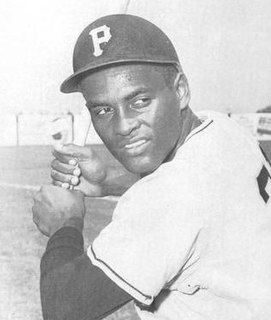A Quote by W. Kamau Bell
Growing up in the Midwest, Boston, and Alabama, I didn't know any Puerto Ricans... at least, I didn't know if I knew any Puerto Ricans. The only Puerto Rican that I had ever even heard of was Juan Epstein, one of the students from the classic 1970s sitcom 'Welcome Back, Kotter.'
Related Quotes
I believe that the overwhelming majority of Puerto Rico wants to be Puerto Ricans. I have been in five different states in the United States, and I have found young Puerto Ricans in the states who really love Puerto Rico, who really want to do something for Puerto Rico. And for me, Puerto Rico has to be the promised land of all Puerto Ricans, whether we are in the United States or wherever we are at. But this has to be the promised land. Annexation will never be the answer.
I am surprised at the number of Puerto Ricans that are moving out of Puerto Rico still. I thought that, by now, the immigration of Puerto Ricans had decreased a little bit. But, no, with a hurricane, it has increased even more. So, I see the financial institutions, especially the hedge funds, moving into Puerto Rico with all the - with all the force, knowing that their investments towards the future are going to be multiplied or probably elevated to quantities beyond any notion of how capital works.
I believe, as a Puerto Rican, that the majority of Puerto Ricans want to be Puerto Ricans. Once we become annexed to the United States or by the United States, that we will lose our national identity. I can look at Hawaii as an example of people who lose, the Natives who lose their identity. I can look into the Native American reservations and see people who lose their national identity, their culture, their language, their land. And that's what's going to happen to Puerto Ricans here.
Puerto Ricans are U.S. citizens, but by their own choice, Puerto Rico is not a state. The relationship has worked well for Puerto Rico - which has strengthened its culture, language and economy - and for the United States, which has helped create in Puerto Rico a showcase of democracy and prosperity for all of Latin America.
I think that there are times when Puertoricans think, "Oh, we are blessed with the relationship with the U.S." But the end result will not be that. If Puerto Rico becomes similar to Hawaii - well, the Hawaiian Native population is about 9 percent. And if we go to the prisons, the overwhelming majority of the prisoners are the Natives. So I can anticipate that Puerto Ricans will not be better off by the annexation of the U.S. of Puerto Rico. I also know for a fact that once any nation or any people lose their identity, their language, their lifestyles, that they are a little dehumanized.
The Documents Project has actively collected documentation on both island-based Puerto Rican art as well as Nuyorican art in the United States through partnerships and researchers ceded at the University of Puerto Rico's museum in San Juan and Hunter College's Center for Puerto Rican Studies in New York City, respectively.

